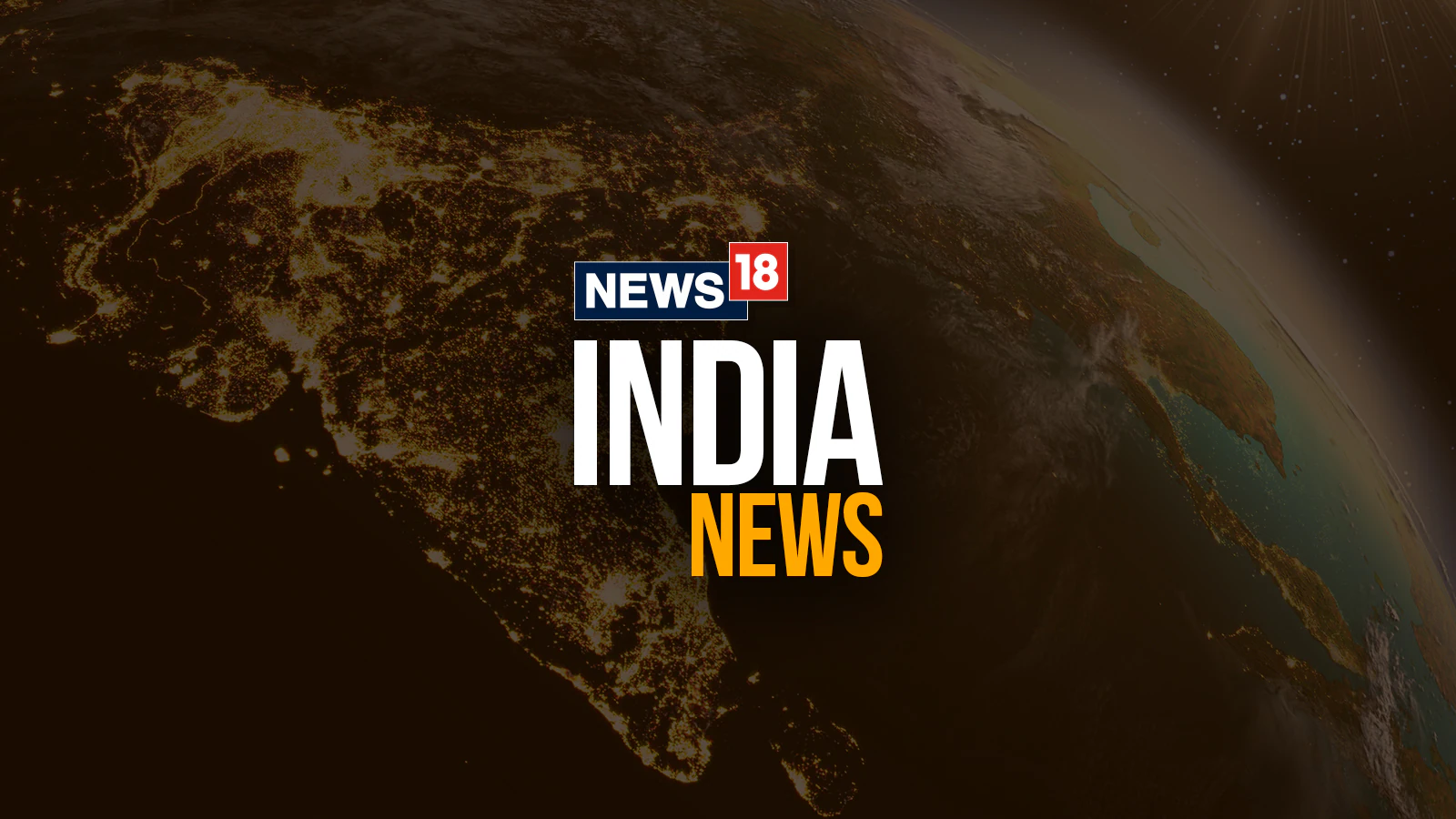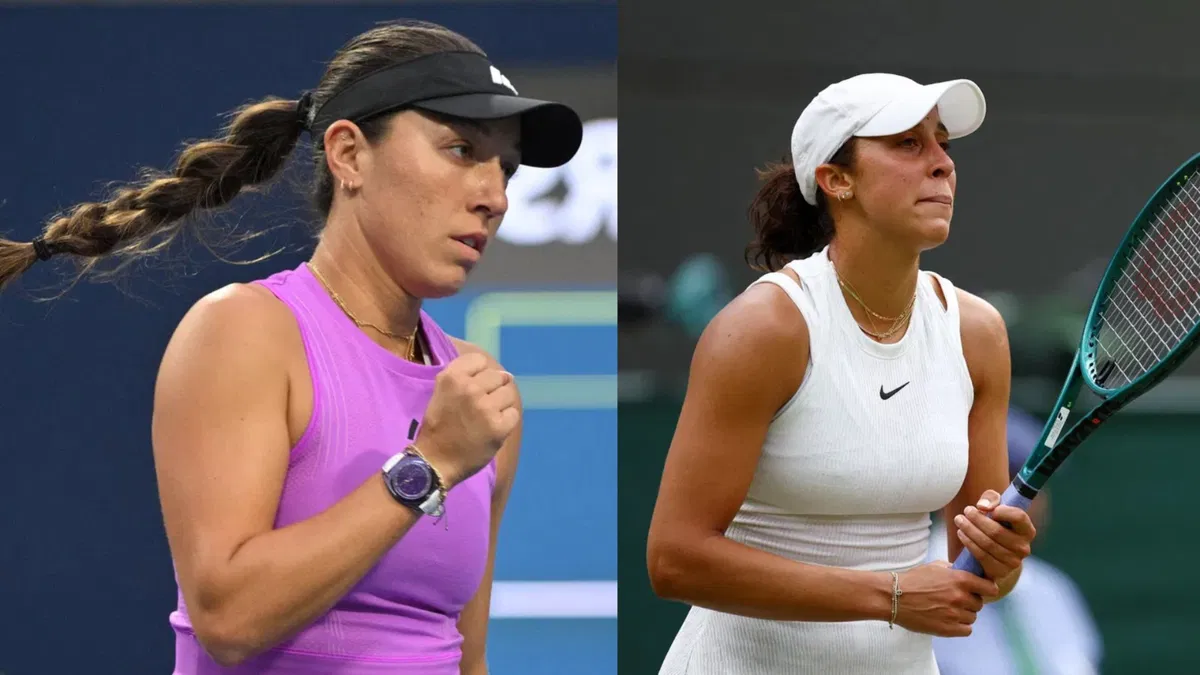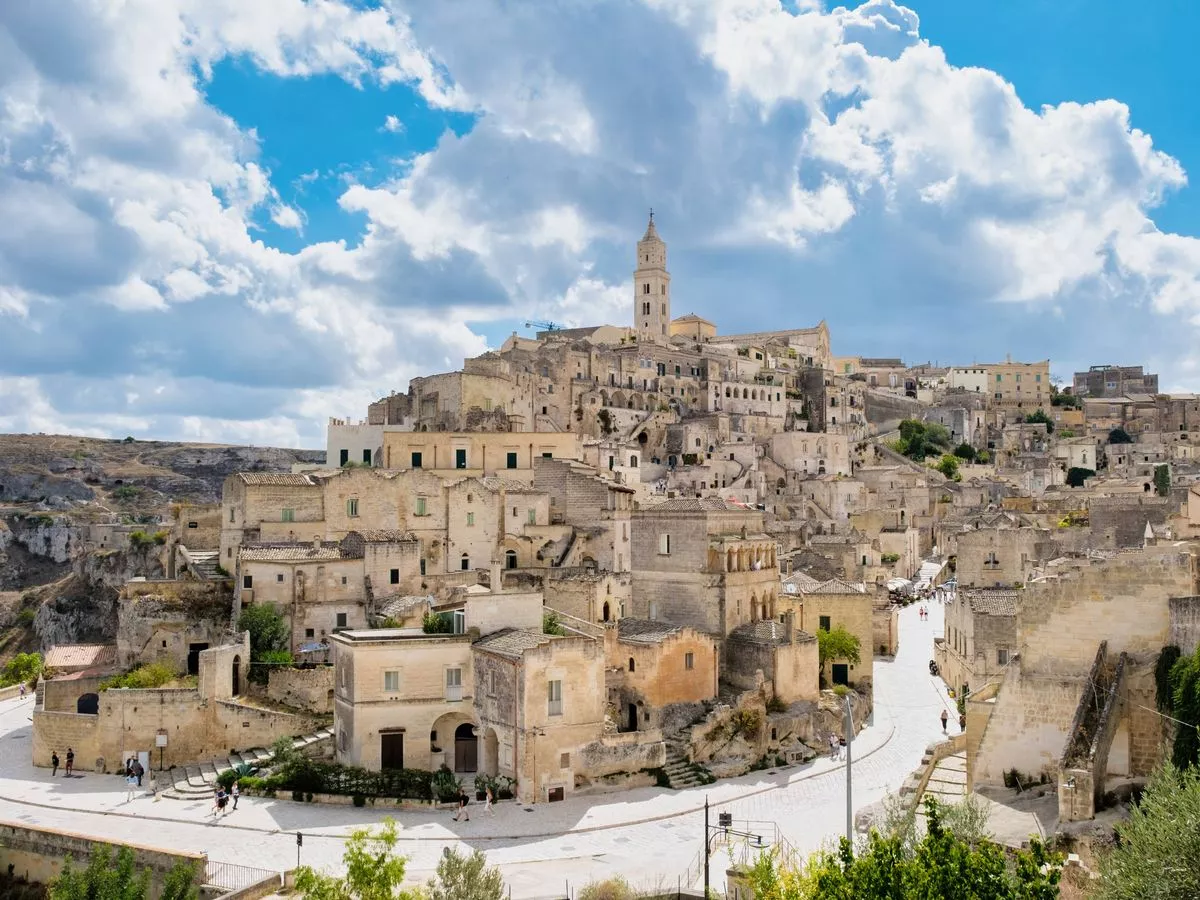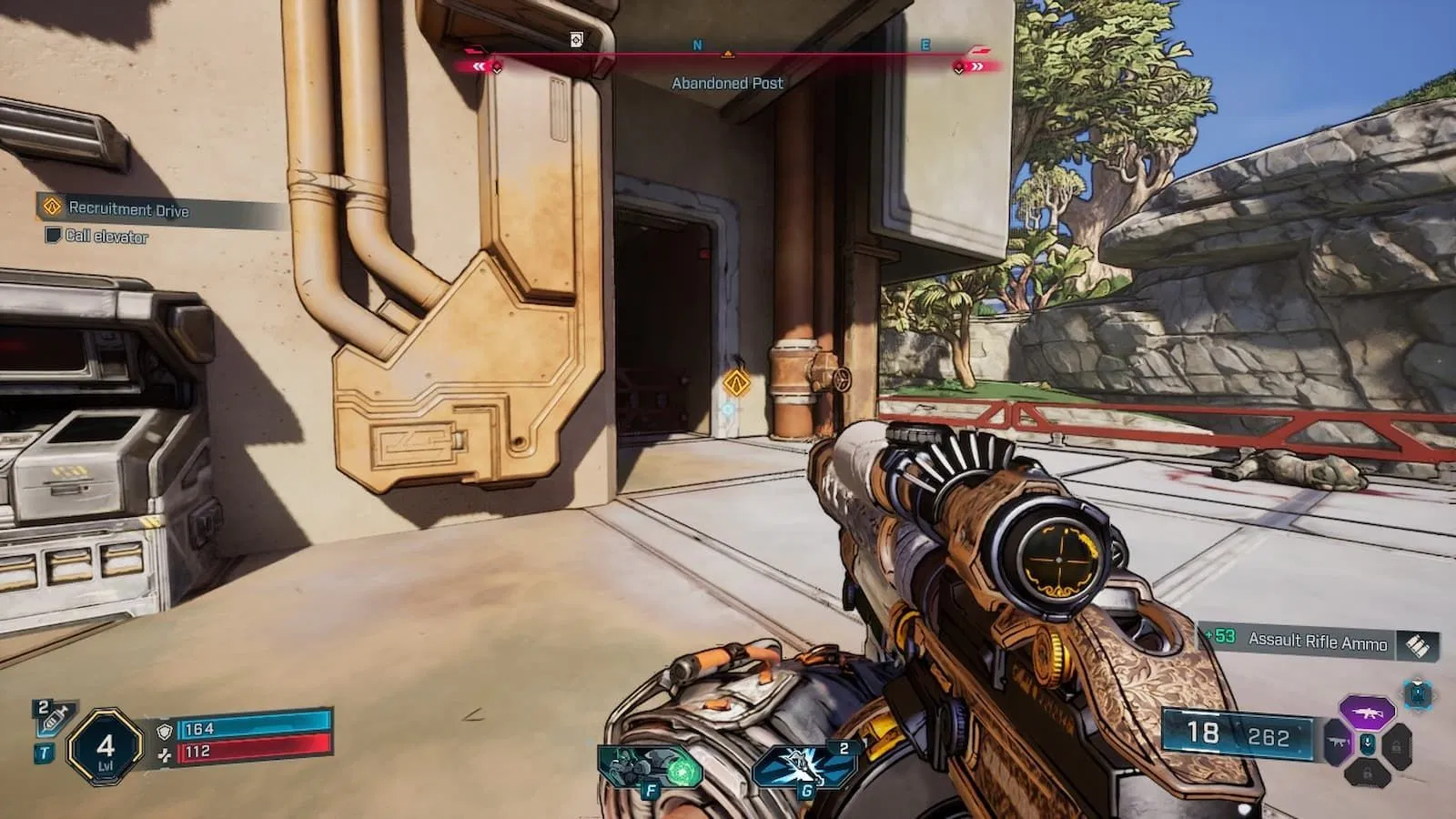By Brs Government
Copyright thehindu

The proposed 76.4 km Phase 2 expansion of Hyderabad Metro Rail (HMR) is at risk of being derailed due to a standoff between the Centre and the State over integrating Phase 1. The Centre’s insistence on integration and L&T Metro Rail Hyderabad’s (L&TMRH) reluctance, citing financial losses for joint venture (JV) formation, has left the State Government with limited options.
According to official sources, it may have to either take over L&TMRH’s equity share of approximately ₹7,000 crore (partially or fully), or offer substantial financial support. It could be releasing another tranche of ‘soft loan’ of ₹3,000 crore assured by BRS Government but only ₹900 crore was given during the COVID-19 pandemic.
The third option is to allow L&TMRH to monetise real estate assets transferred under the Concessionaire Agreement (CA), potentially fetching up to ₹2,500 crore.
This could provide leverage for negotiating an integrated plan between Phase 1 and Phase 2, proposed as a joint venture with the Centre. (Why JV? See Box). L&TMRH has already offered its stake to both the Centre and the State, likely due to difficulties in attracting partners for a loss-making enterprise. The company is keen on finding a viable exit strategy, sources said.
To the State Government’s frustration, the firm has delayed purchasing 10 new train sets to supplement the existing 57, despite promising to do so last year after a 10% fare hike. Further complicating matters is L&T’s involvement in the controversial Kaleshwaram Lift Irrigation Project, and a senior official’s remark blaming the free bus travel for women scheme for declining metro’s ridership.
The Centre has also failed to release ₹254 crore of the ₹1,458 crore Viability Gap Funding (VGF) assured during Phase 1 of 69.2 km taken up under Public, Private Partnership (PPP) mode.
The challenges facing Phase 1 are also partly due to policy shifts. PPPs were once promoted as the future, prompting firms to take commercial loans at high interest rates. Large infrastructure projects like metros have long gestation periods before becoming viable. Without government support, public transport cannot survive, and only a few metro systems are profitable, sources noted.
The Government had submitted phase two proposals in November last year expecting a quick passage. Despite Chief Minister Revanth Reddy’s multiple visits to Delhi and meetings with Prime Minister Narendra Modi and other Union Ministers, approvals remain pending.
Sources also pointed out that Metro projects cleared this year by the Centre — like the Chennai Metro Phase 2 — were submitted between 1.5 to six years ago. The Centre can raise any number of queries, but the final decision lies with the Prime Minister’s Office. With tenders being finalised for metros in Vijayawada and Visakhapatnam in neighbouring Andhra Pradesh, BJP leaders will also face pressure if Hyderabad is left behind, they said.
Suggested INSET
Why the JV with Centre?
JV will enable TG to access loan from multilateral agencies like JICA, and others, at 2% interest rate with long repayment period as Centre provides the sovereign guarantee. For HMR second phase 24,269 crore: Loan will be 48% or ₹11,693 crore, State’s share 30% or ₹7,313 crore, Centre’s share 18% or ₹4,230 crore and PPP component 4% or ₹1,033 crore.



